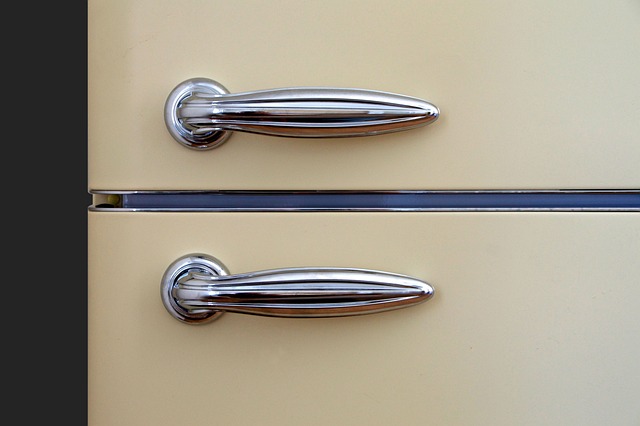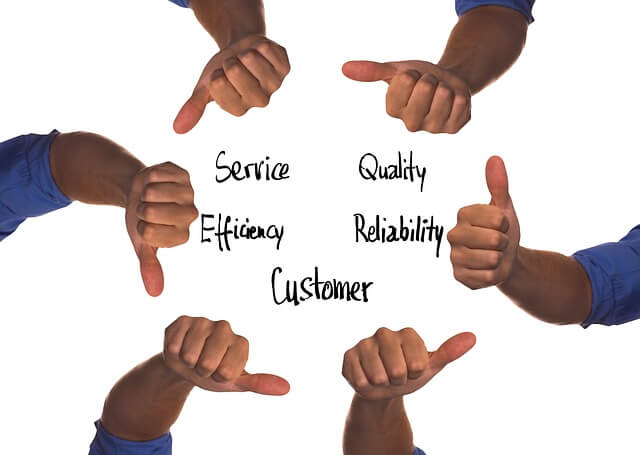There are so many factors that need to be taken into account when you’re finding your supplier. Their qualifications will determine if you can start your business smoothly and develop your business as expected.
Followed are tips on how to choose the right supplier for your business.

Make sure they’re a legitimate company
When evaluating a supplier, you first should make sure they’re a legitimate company/organization and are in good condition. Once you’ve found what you think is the potential supplier’s company, you need to doubly confirm it’s them by cross-checking.
Depending on what type of information you need, you may check contractors, vendors, and other companies. The fewer official sources there are, such as business websites and customer reviews, the riskier it may be.
Decide the standard a supplier must meet
Before you find a supplier, it’s essential to know what you need. Make a list of what you are requiring from a potential supplier, for example, the products you need, quality, MOQ, delivery times, and price.
At this step, make sure you are prioritizing your needs. Once you have an idea of what you need and your standard, you can research companies that will offer you those products or services.

Quality of products and service
The quality of products and services the supplier offers
It is tempting to go with the cheapest, but you don’t want to do that at the expense of product quality. You want to make sure that the supplier you are choosing is going to supply you with a quality product. Don’t be afraid to ask questions about the quality of the products you are buying, and where your supplier is sourcing their materials from. It’s better to have all of the information you need to guarantee the quality of the products so that you can make an informed decision.
If necessary, ask for product samples to make sure that you will be getting what you’ve requested. If you are running a drop-shipping business you can use these samples to create your marketing campaigns.
Company status
Next, it’s time to evaluate the company’s status. First, you’d better make sure the company is listed as active. This check can avoid your business ending up trading with a company that’s about to shut off.
At the same time, you’ll also want to check the incorporation date. A long age of a company is typically a good indicator of the durability of its business.
Thirdly, you’d better make sure they are financially stable. It’s important to determine whether or not a potential manufacturer is financially stable enough to sustain a long-term partnership. If they’re close to foreclosure, it could leave you in a stressful and costly predicament.

Cooperation expectation
Firstly, communication is one of the most important aspects of any professional relationship. You want to ensure that your new partner will communicate with you in a way that works smoothly for both of you.
Secondly, you need to confirm whether they are dedicated to consistent innovation and improvement. The investment in training, technological innovations, and other improvement initiatives demonstrate that the manufacturers are reliable, sharp, and dedicated to their craft, which will facilitate your partnership.
Thirdly, work with the same supplier representative as often as possible. Look for vendors who have customer service staff dedicated to your business. Building relationships with customers is important for increased sales, and it holds true for distributors. Having one person to contact for orders, questions and problems help you resolve issues quickly and satisfactorily.
Where to find the right supplier
There are thousands of suppliers, and it will be easier to choose one appropriate one for your business once you know exactly which product you want to buy and the standard you apply to choosing a manufacturer. Then the next step is to comb through the different resources to find one.
Trade Shows: One of the best places to find quality wholesale product suppliers is a trade show. From one-on-one conversations with the sales representative, you’ll have the opportunity to see which product suppliers take their market seriously, collect valuable information, and be able to instantly compare a variety of competitors.
Trade Publications: Although you can’t just judge a company by its ad, you can learn a lot from its marketing activities and can gain some insights into certain companies from the public releases.
Peers: Other people in the trade may be willing to introduce to you first-rate suppliers. You can start by attending trade shows or contacting other non-competing businesses. Online forums are another place to swap stories, ideas, and experiences.
Search Online: Most quality wholesale product suppliers will have a good website and make it easy to find. However, you can also go through sites such as Alibaba, or made-in-china.

Your Business Profile
Often, your relationship with a wholesaler is partly determined by the size of your business and the impact your order has on them, which can have a significant influence on pricing.
If you’re a small business and unable to purchase products in high volumes, it may be necessary to build your relationship with a wholesaler over the long–term–usually by signing a contract–as this may help you command a lower price.
As a result, smaller or medium-sized companies should pick a wholesaler that can provide you with a clear volume discount pricing scheme so you can plan for the future by obtaining greater discounts as your business grows.
When you strategically think about each supplier in your network and invest the time to examine all your options, you will set your business up for success.







